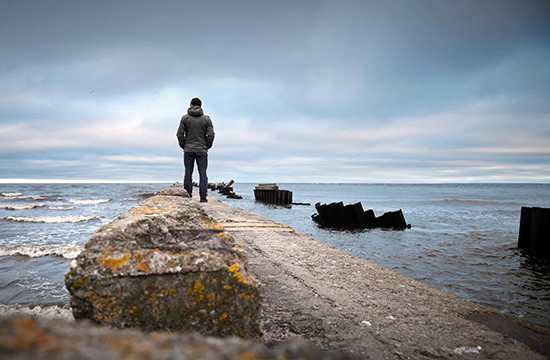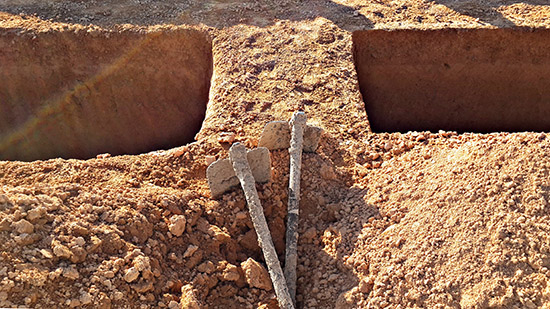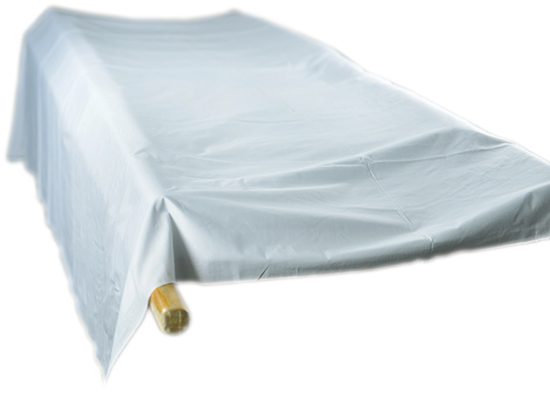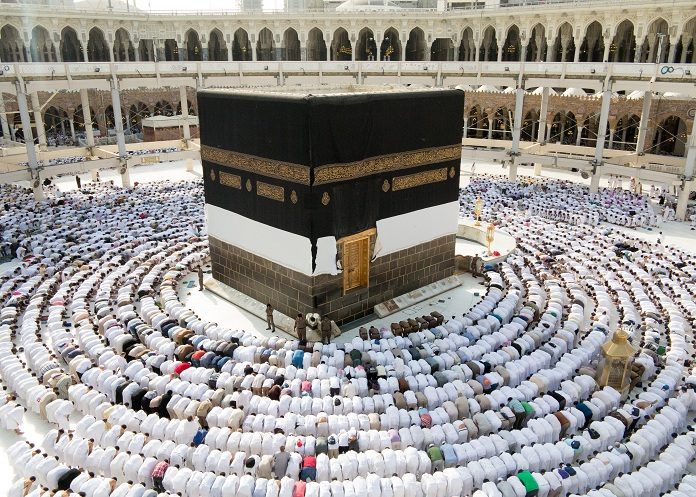Current Section: model

Lesson Reality of Death and Life
Death is not the end but rather marks a new phase for humanity and beginning of a comprehensive life in the Hereafter. And as Islam seeks to preserve rights from the time of a person's birth, it also emphasizes the rulings that preserve the rights of the dead in light of the condition of their family and relatives.

Allah, the Exalted and Glorified, created us in the life of this world to test us with ordeals and afflictions, as He the Exalted says: the One who created death and life, so that He may test you as to which of you is better in his deeds﴿ [Al-Mulk:2]. So those who believe in Allah and fear Him will enter Paradise. Those who choose misguidance and deviation will enter the Fire.
And the life of a human being in this worldly existence, however prolonged, surely ends, and eternal life and unending existence is in the Hereafter. Allah the Exalted said: ﴾And the Abode of the Hereafter is indeed the real life, if only they knew.﴿ [Al-Ankabut:64].
And Allah, Glorified and Sublime be He, told the best of His creation -our Prophet Muhammad ﷺ- that he will die as all humans die, after which all of creation will meet with Allah so He can judge among them: ﴾Indeed, you are to die, and indeed, they are to die Then indeed you, on the Day of Resurrection, before your Lord, will dispute﴿ [Az-Zumar:30-31].
The Prophet ﷺ compared the finite, short worldly life to the Hereafter with the example of a rider resting and napping briefly underneath the shade of a tree and then going and leaving it. He ﷺ said: «What do I have to do with the world? I am not in the world but as a rider seeking shade under a tree, then he catches his breath and leaves it.» (Tirmidhi 2377, Ibn Majah 4109)
Likewise, Allah narrated to us the what Jacob (peace be upon him) enjoined upon his children when he said: ﴾Allah has chosen for you this religion; so do not die except as Muslims.”﴿ [Al-Baqarah:132].
A person does not know when and where his end, which Allah the Exalted has decreed for him, will come, and no one has the power to change it. Therefore, a rational individual must fill his days and hours with virtue, righteousness, and religiosity, for Allah the Exalted says: ﴾And for every nation is a [specified] term. So when their time has come, they will not remain behind an hour, nor will they precede [it]﴿ [Al-A'raf:34].
And everyone who dies with their soul departing from the body, then their resurrection day is establish and their journey begins in the abode of the Hereafter. These matters are from the knowledge of the unseen and as such, the human mind cannot know its modalities in detail.
Sacred law has accounted for the rulings and etiquettes by which human beings should conduct themselves from birth, upbringing, childhood, adulthood, and old age. Likewise, it has also established laws and etiquettes pertaining to the dead and the condition of the family and relatives. Hence, all praise is to Allah, who completed the religion, perfected its bounty, and guided us to this great religion.

Whoever visits a sick person should pray for his recovery and wellness, and that this illness is a purification of sins and an expiation for sins, as the Prophet ﷺ used to say to the sick: «Don't worry, for it is a purification, God willing» (Al-Bukhari 3616).

A person has to choose the words and expressions that support the patient in resisting the disease and help in his recovery, in addition to using appropriate situations to call to Allah and remind the patient of Him and the Last Day with wisdom. The Prophet ﷺ gave the greatest examples of that, as one of the honorable companions reported: "A young Jewish boy used to serve the Prophet ﷺ, and he became sick. So, the Prophet ﷺ went to visit him. He sat near his head and said: «Embrace Islam». The boy looked at his father sitting there; the latter told him to obey Abul-Qasim and embrace Islam. Then, the Prophet ﷺ came out saying: «Praise be to Allah Who saved the boy from the Hellfire»" (Bukhari 1260).
2. Prompting the Dying
If the signs of imminent death are apparent in the sick individual, then it is recommended to prompt and encourage them to say the words of monotheism and the key to Paradise (there is no deity except Allah) with wisdom and in an appropriate manner. The Prophet ﷺ said: «Prompt your dying oneَs to say, 'La ilaha illallah (there is none worthy of worship except Allah).'»
It is the greatest thing a person says in his life and at his death. Whoever is guided to have this be their last words attains a great honor, as the Prophet ﷺ said: «Whoever’s last words were "La illaha illallah" (There is no deity but Allah) will enter Paradise» (Abu Dawud 3116).

It is recommended to face the dying toward the direction of the Qiblah, for the Prophet ﷺ said: «The Sacred House is your qiblah in life and in death» (Abu Dawud 2875). Therefore, a dying person should be turned to his right side and facing the qiblah as he will be put in the grave.



